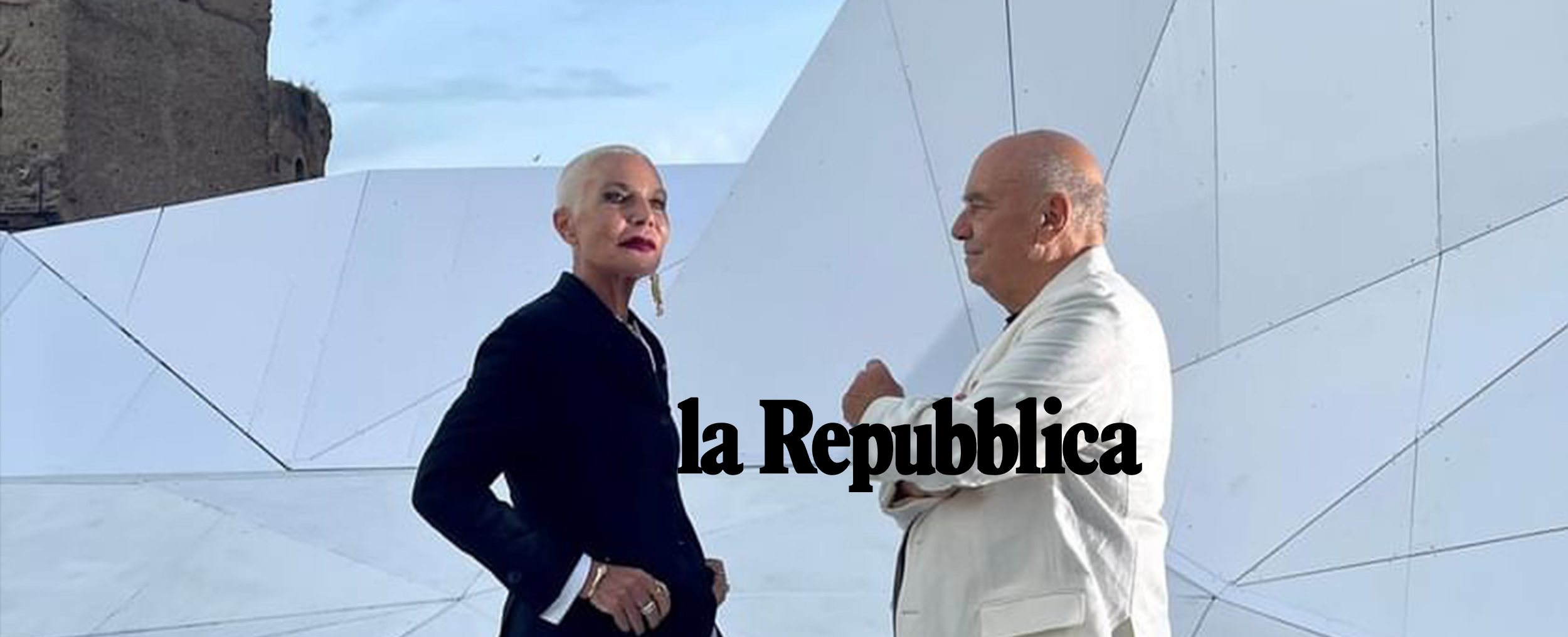
2021, March 11
Doriana Fuksas’ thoughts on the global impact of covid-19 on dezeen.com
Doriana Fuksas
Co-founder, Studio Fuksas, Rome
How has the pandemic impacted architecture and design?
A simple sentence: “Città, less aesthetics more ethics’, the 7th International Architecture Exhibition for The 2000 Venice Biennale, curated by Fuksas architects. For more than twenty years we have been reflecting on the cities and on the contemporary house model.
What will the long-term impact be?
With the pandemic, we have all discovered ourselves scared and unprepared, but I believe this was an opportunity to start thinking and reflecting especially on our living spaces and houses.
After an initial moment of great disorientation, we tried to make the most of the emergency by exploring and investigating new design solutions which could adapt both the new and existing projects.
The world of architecture will surely have to keep up with the enormous change, primarily social, that this emergency has led to. The role of the designer-architect can only adapt to the new challenges, using technological innovation to design objects and buildings that adapt to the new way of living, different from the one we were used to.2020 is the true beginning of the 3rd Millennium for architecture and design, that of a revolution in terms of housing equipment, space distribution, new transport organization, green energy utilization.
What have you learnt?
To appreciate and don’t waste but preserve what we have got. I think I have also learnt the importance of the house as first aid, as fluid space, able to accept transformations and to host different functions following different needs. We are proud of the achievement reached by our building built 10 years ago: The Rome New EUR Congress Center ‘the Cloud’ became the biggest Coronavirus 19 vaccination hub in Europe.
More news



